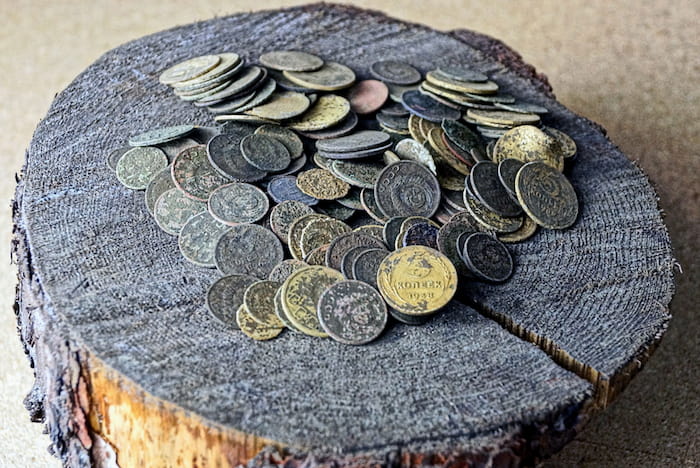How can we explain the difference in development between continents or neighboring countries? Why have some nations ‘succeeded’ while others have ‘failed’? These are just some of the questions that economists have been working to answer since the emergence of Economic History as another field of study in social sciences. Without further delay, let’s dive into the importance of economic history.
What is Economic history and why is it so significant?
Traditionally, Economics has been defined as the study of how societies manage their (scarce) resources, and how they are allocated to satisfy various ends. However, to fully understand what economists do, we need to go beyond this and take the quantification and analysis of social relationships—between individuals, institutions, organizations, governments or countries—into account. To do this, economists rely on other disciplines such as mathematics, sociology, geography, political science, anthropology and law.
Economic History, on the other hand, goes a step further and focuses on one question that economists have tried to answer for years: why are some countries rich while others are poor? It is the study of world history as told through the lens of economics. After all, hindsight usually provides insights that help us understand our history, as well as current socio-economic differences or similarities. Economic History is part of our history—it tells the story of who we are, where we came from and where we are going.

Why do we study economic history?
Economic History teaches us the importance of an interdisciplinary approach. Many famous economists have relied on geography to understand development. While some emphasize the role of institutions in explaining the economic divergence between countries, others stress the importance of culture. These differing theories only prove that adopting a historical and interdisciplinary perspective enriches economic analysis.
In their analysis, economists also like to compare things like individuals, institutions, economies and countries. However, Economic History teaches us that it’s vital to consider space-time in these comparisons. Using archival sources and secondary historical data provides a wider scope to analyze problems of interest for economists and historians. Only then is it possible to find answers to contemporary socio-economic problems.
“Economic History is part of our history—it tells the story of who we are, where we came from and where we are going.”
Antonella Fazzio
The importance of economic history
Economic History teaches us the relevance of combining historical methods with economic theory. It illustrates why some models or solutions cannot apply in all contexts: we also need to consider their unique social and historical perspectives.
Additionally, it advises us to be critical thinkers—going back to the sources, comparing different hypotheses and applying the space-time considerations to our economic analyses. And, through the adoption of methods utilized in a broad array of fields, such as econometrics, quantitative analysis and qualitative methods, economists will gain an increasingly universal mindset.
Economic History not only helps us understand our past, it also serves as an invaluable tool we can use to tackle important societal challenges like gender, climate change, community health crises, artificial intelligence and technology. These questions can only be analyzed through history, and they are all relevant for understanding our present and future. After all, one cannot be an economist without a firm grounding in history to provide a solid grasp of the forces that affect markets over time.
Become an agent of change with our innovative Bachelor of Economics.
Written by adjunct professor Antonella Fazio and professor Patricia Gabaldón.